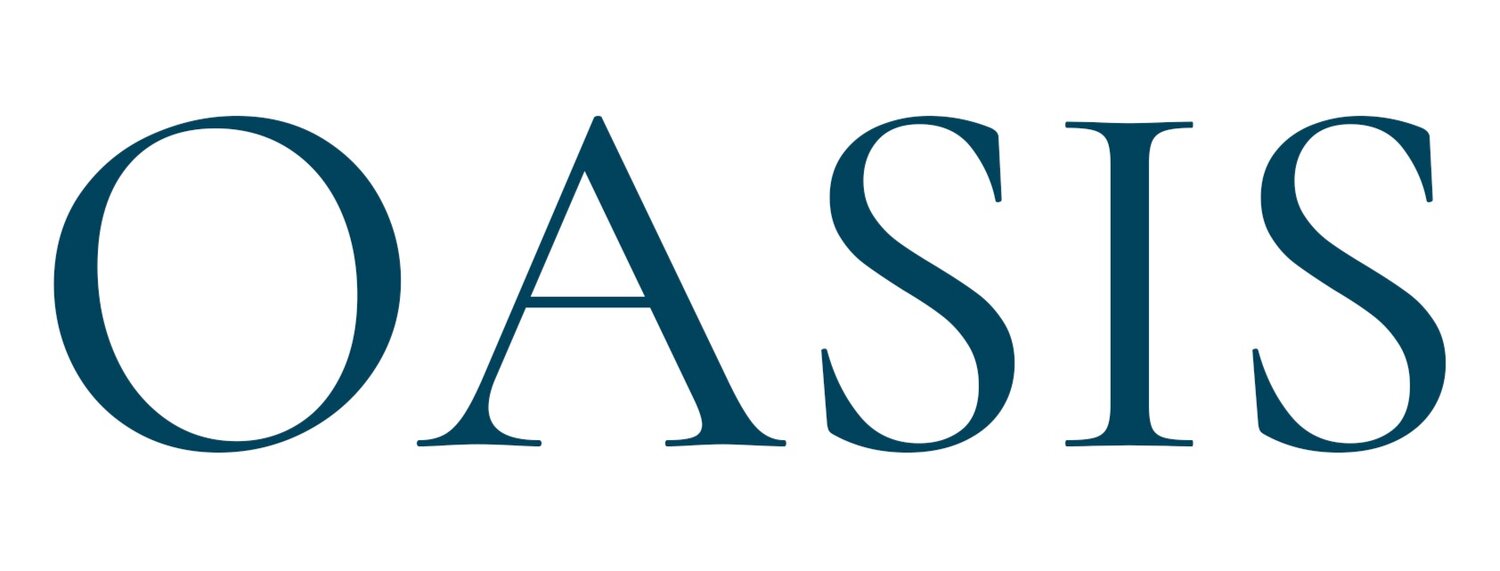Research
Sahel Women’s Empowerment and Demographic Dividend Project (SWEDD)
The World Bank's SWEDD Project is designed to better understand the causes of early marriage, and to design, evaluate, and scale up family planning and interventions strengthening alternatives to early marriage in six countries in the region. SWEDD's ultimate goal is to help increase young women's productivity and earnings through delayed marriage, so as to better situate regions to reap a demographic dividend. The World Bank invited OASIS' Daniel Perlman to use an ethnographic approach to investigate the causes of early marriage. The study, led by Dr. Daniel Perman and Dr. Fatima Adamu of Usmanu Danfodiyo University and conducted in a region of Niger with some of the highest rates of maternal mortality, child marriage, and infant mortality, found that the main cause for early marriage was a combined result of poor educational opportunities and a concern for girls' safety. Social and economic barriers, including poor school quality and lack of income, often hinder school enrollment, making marriage a preferable option to idleness.
Sahel Resilience Learning
Building on SWEDD findings, the OASIS Initiative -- in collaboration with the Sahel Resilience Learning Project (SAREL) and the West African Centre for Economic and Social Studies (CESAO) -- is conducting an ethnographic assessment in Maradi, Niger. the purpose of this study is to help inform USAID capacity building activities for adolescent girls and their communities. USAID's resilience efforts in Niger aim to respond to the food security needs of people in Maradi and Zinder, two of the most malnourished regions of Niger. Initial study findings have been so appreciated by the partners that in early 2016, Mercycorps and NCBA CLUSA committed to supporting the project for an additional 9 months (estimated value 45,000> A preliminary report is due mid 2016. OASIS' Daniel Perlman is learning this work. Learn more about the initiative here
Room to Grow
Culturally acceptable interventions are urgently needed to avert malnutrition and chronic food insecurity, and to achieve the country's ambitious target of reaching a contraceptive prevalence rate of 50% by 2020. Current efforts in the Sahel often fail to incorporate women as central to solutions, or as key actors and agents of change. Our project begins with women, and is rooted in places where women already gather and thrive - the garden, which is emerging as a vital place for women to meet, grow nutritious food, and generate income. The project team proposes to assess proof-of-concept for an integrated solution that brings together community-based delivery of family planning and promotion of essential nutrition actions, with OASIS leading research to compare intervention and control gardens.
Integrated Rural Advisory Services
In 2018, the UC Global Health Institute awarded funding to conduct a literature review and assess feasibility of Integrated Rural Advisory Services (IRAS). The goal of IRAS is to provide services and materials for family planning, nutrition and sustainable food production to families in the rural Sahel as a way to increase overall health and stability in the region.
